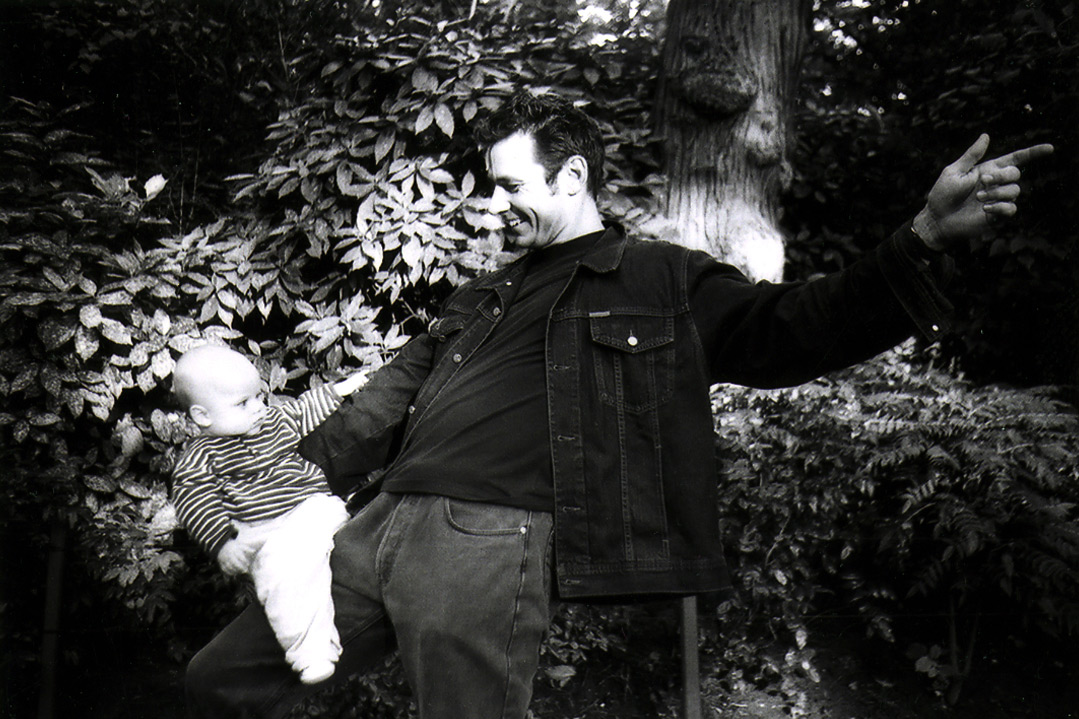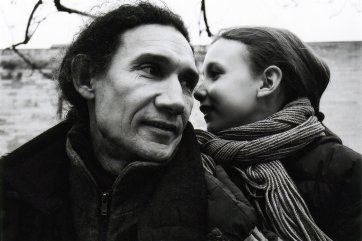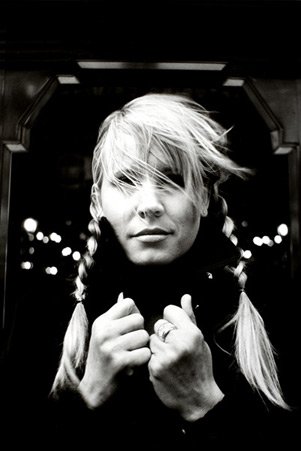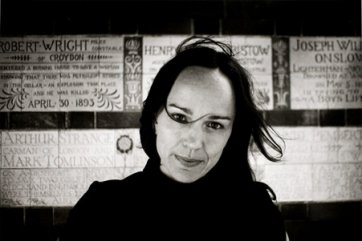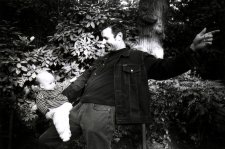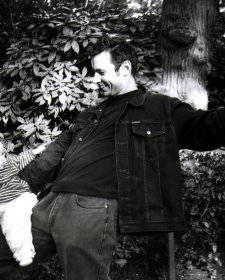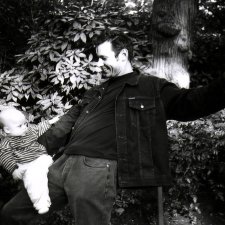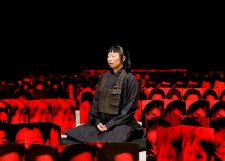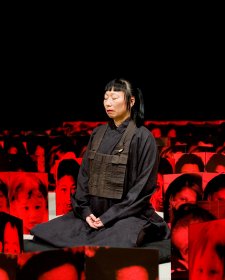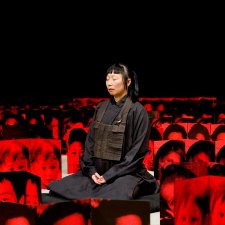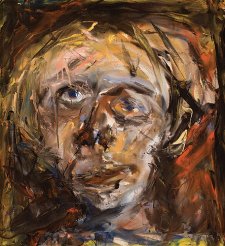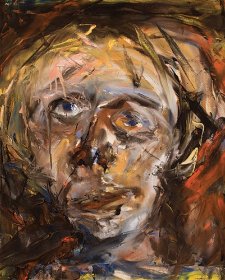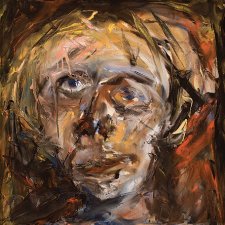It's the sheer number of them that gets to you. All these Australian artists, working overseas. One of them says that there are enough Australian musicians working in Europe to form an orchestra. An orchestra of hyphenated Australians. And then there's the art dealer in Beijing, the set designer in London, the photographer in Paris, the pianist in Berlin, the composer in Los Angeles, the viola player in New York, the dancer in Geneva, the tuba player in Leipzig. Why have they all left? More to the point, why haven't they come back to Australia?
They come to us now as photographs made by Paris-based Australian Nathalie Latham. Mostly (but not always) on the young side, they are hopeful, energetic, talented, successful, passionate about what they do. I know that from the interviews that accompany the photographs. Hard to determine exactly what you learn from the photographs themselves, or from any photographic portrait for that matter. Maybe how someone looked at a certain instant on a certain day. And the undeniable fact that they're over there, working somewhere else. In this case, each was asked to nominate a favourite place in which to be pictured. They're environmental portraits then, and this gives some of these ex-Australians the chance to act out in front of the camera. Arrayed in a richly-toned black and white, as if their subjects are suspended in time, displaced from the real world of colour, sound and texture, they've been shot with available light, frequently out of doors but always in complicity with the photographer. This enhances the pictures' sense of intimacy and casual immediacy.
They look out at us, a lost generation of Australian artists. Not that they've been forcibly removed from their homes. Economic migrants might be the best description of their status. They have left Australia to seek better employment opportunities. In the arts, that doesn't necessarily mean they were seeking a paying job (although that is an undeniably useful thing to have). Rather, they were seeking opportunities: to perform, to learn, to gain a different kind of experience, to test out their limits, to achieve due recognition and affirmation, to be given a fair go. Why aren't those opportunities available in Australia? Why do you have to leave to get them? That's the question that haunts these photographs.
Nathalie Latham has found that it is only outside of Australia, in Europe, that she can pursue her desire to make documentary films. "I just can't see how I would sustain my life in Australia doing what I'm doing. And what I'm doing is really important for me." Driven by an autobiographical impulse, her photographing of others can be seen as an effort to document this collective sentiment, to acknowledge the scope of the current Australian artistic diaspora. Her portraits therefore have a double edge, being both celebratory pictures of courageous Australians going out there into the unknown, and melancholic pictures of loss, of the loss of another generation of young Australian artistic talent drawn to the lure of elsewhere.
Geoffrey Batchen
